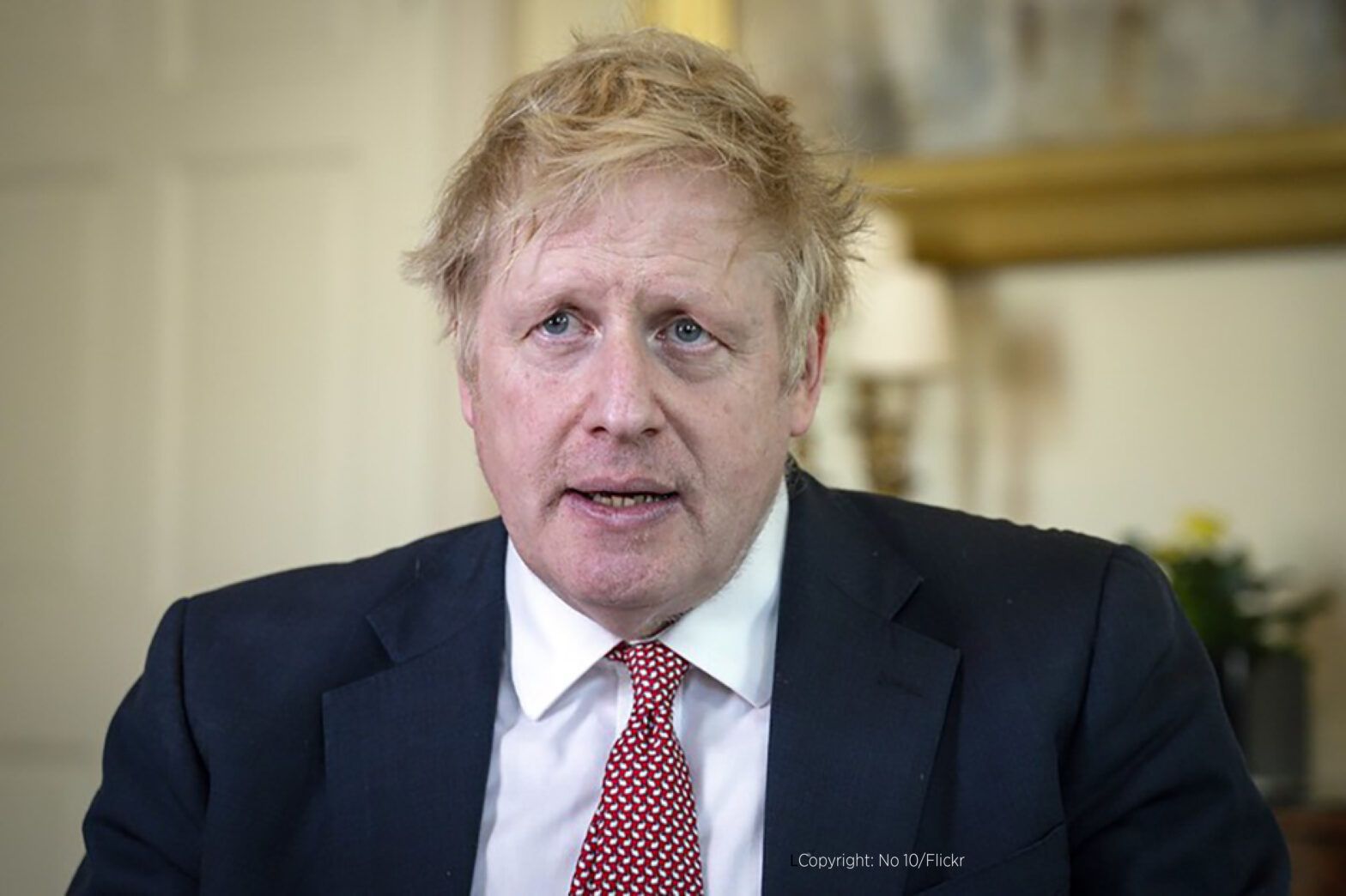The announcement that UK prime minister Boris Johnson will be dedicating £12bn to tackling climate change has been welcomed by industry professionals, with many saying it puts London in a good position to lead on green finance.
Deirdre Cooper, co-portfolio manager of the Ninety One Global Environment Fund, said she was “heartened” to see the government increase its commitment to decarbonisation, particularly the ban of internal combustion engines by 2030.
Similarly, Andy Sloan, deputy chief executive of Guernsey Green Finance, called it a “godsend” to have clarity that green and sustainable finance is being put front and centre.
“It’s what we in Guernsey have done so we are totally made up, though now it’s a case of playing catch up.”
Professional bodies have also reacted to the news, with Keith Richards, CEO of the Personal Finance Society, telling ESG Clarity it has come at an “opportune moment”, and Des FitzGerald, senior policy adviser at PIMFA, calling it a “crucial step to reduce emissions and the restoration of the biodiverse natural environment”.
‘No rabbit out of the hat’
However, other professionals pointed to the relatively small financial commitment compared with other countries, and the challenges of following through with implementation.
“A large portion of the £12bn of investment outlined in the plan is not additional spending and had actually been previously earmarked,” said Alex Rowe, lead portfolio manager on the Nomura Global Sustainable Equity Fund.
“To put this number more into context, the EU Green Recovery Deal targets €550bn of investment over seven years and Joe Biden’s Clean Energy plan calls for investment of $400bn over 10 years, while the IEA estimate $1trn in annual investment requirement globally to meet the Paris climate change accord.”
Ian Simm, CEO of Impax Asset Management added: “There was no rabbit out of the hat from Boris Johnson – this 10-point plan has been more heavily trailed than [Netflix series] The Crown. The challenge now will be turning the lofty ambition into action – and fast.”
Meanwhile, Michelle Davies, international head of clean energy and sustainability at Eversheds Sutherland, said there is “a huge amount of capital ready to be deployed into green initiatives”, but the government has work to do to enable this to be utilised at a lower cost as possible. “This means the route to market needs to be not necessarily subsidised, but de-risked.”
Some investment commentators were disappointed and said the government should have gone further with its commitments. “It is a start but by no means enough,” said Joachim Klement, strategist at Liberum.
“The 10-point plan will set the UK on the path towards net zero but in particular in the housing and buildings areas, we need more investments to improve the insulation and energy efficiency of UK homes.
“UK housing stock tends to be older and less insulated than in other countries (though arguably prettier), yet in the EU it is estimated that improving the greenhouse gas footprint of homes in the EU would cost c. €275bn per year. Broken down to the UK, that would require an estimated £43bn in investments each year. We definitely need to see more support in this area.”
Exposure and holdings
ESG Clarity asked industry professionals how exposed they were to themes in the 10-point plan, and many pointed to infrastructure holdings.
Ingrid Holmes, head of policy and advocacy at the international business of Federated Hermes, highlighted: “Our real estate and infrastructure funds are UK focused and therefore exposed to these themes. We have long championed a whole-system approach to tackling climate change and are delighted to see energy efficiency, renewables, hydrogen and carbon capture storage highlighted as key to decarbonising our economy.”
Kenza Himmi, SRI analyst at Mirabaud Asset Management, pointed to Orsted, which the firm holds in its Sustainable Global Focus fund, to benefit from the new measures. “Orsted is a Danish utilities company, and biggest offshore wind developer in the world (2,342 MW of installed capacity in the UK, generating 7,416 GWh of energy (2019)). Orsted generates 54% of their revenues from the UK investments and we expect them to truly benefit from the government’s target to rely on offshore windfarms “to power every home in the UK by 2030”.
Orsted was also mentioned by Barry Cowen, fund manager in Sanlam’s multi-asset team, who said: “The plan is broad, and so too are our exposures. We do not believe there will be any one set of winners, with solutions and investment wins available in many areas.
“We have exposure to the likes of Orsted, via Sanlam Real Assets Fund, a global leader in offshore wind, while the likes of Murray International Trust gives us exposure to electric vehicles and battery technology with Tesla.”
He added: “Sanlam Hybrid Capital meanwhile owns a large position in EDF, a potential beneficiary of the government’s plans for nuclear. Kingspan, owned by Liontrust Sustainable Future UK Growth, benefits from the government’s plans for more energy efficient buildings with its insulation technologies.”
Jon Wallace, analyst at Jupiter Green Investment Trust, said: “While in the Jupiter Green investment trust we have strong exposure to offshore wind giants such as Orsted and their suppliers such as Vestas, we have as a result also invested in earlier stage, innovative companies such as UK-based Ceres Power that in our view are key enablers of the hydrogen economy.”








